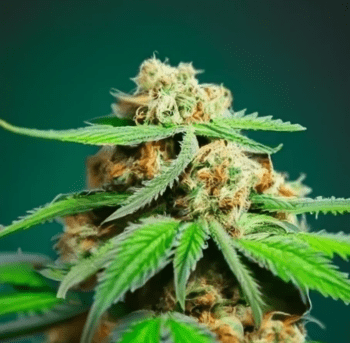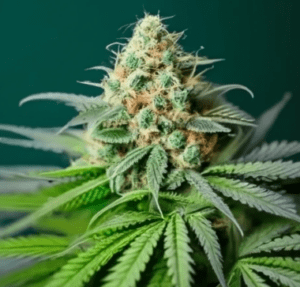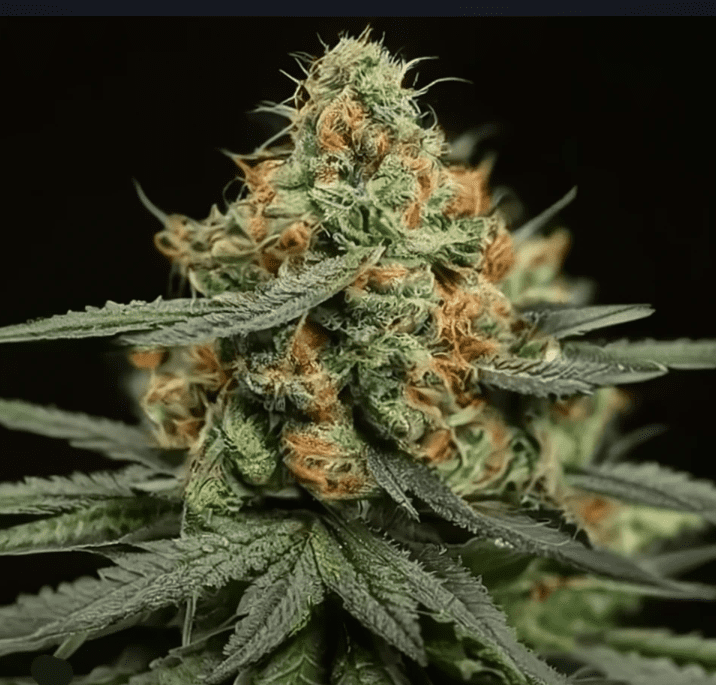Can Feminized Seeds Be Cloned?
As the cannabis industry continues to evolve, so do the techniques and methods used by cultivators. One question that often arises is whether feminized seeds can be cloned. The short answer is yes, but the process requires a deep understanding of plant genetics and careful cultivation practices. Let’s delve into the details.
Understanding Feminized Seeds
Feminized seeds are cannabis seeds that have been bred to produce only female plants. They are created by inducing a female plant to produce pollen, which is then used to fertilize another female plant. The resulting seeds will be feminized, carrying only female genetics. This is a significant advantage for growers as female plants are the ones that produce the coveted buds rich in cannabinoids.
The Science of Cloning
Cloning, in the context of cannabis cultivation, involves taking a cutting from a mother plant and encouraging it to develop its own root system. The clone will be a genetic duplicate of the mother plant. This method is popular among growers because it allows them to replicate high-performing plants with desirable traits.
Cappuccino 420 strain from Amsterdam Marijuana Seeds (AMS). Man, this bad boy’s got that rich coffee vibe, with a lil’ touch of creaminess to it. Take a hit, and it’s like sippin’ on some freshly brewed java, but with a deep, hashy note that’ll dance around your taste buds and play some jazz in your head. Now, Cappucino strain leans heavy on the Indica side, with an 85% to 15% Indica-Sativa mix, so it’s perfect for kickin’ back in the evening, just chillin’. And those buds? Big, frosty, and packed with aroma. If you’re looking to grow, the feminized seeds from this strain? Pure aromatic fireworks. Stay fresh and enjoy responsibly!
Will S
Cloning Feminized Seeds: The Process
Cloning feminized seeds follows the same process as cloning regular cannabis plants. The key is to select a healthy mother plant that exhibits the traits you want to replicate. Here’s a simplified step-by-step guide:
- Select a healthy mother plant.
- Cut a branch from the mother plant, ideally one with several nodes.
- Place the cutting in a rooting medium to encourage root growth.
- Once the clone has developed a robust root system, it can be transplanted into a larger pot or directly into the ground.
Benefits and Drawbacks of Cloning Feminized Seeds
Cloning feminized seeds has several advantages. For one, it ensures a crop of female plants, eliminating the need for sexing. It also allows growers to replicate plants with desirable traits, such as high yield or specific cannabinoid profiles. However, there are also drawbacks. Clones are genetic duplicates of the mother plant, which means they share the same vulnerabilities to pests and diseases. Additionally, clones require careful handling and optimal conditions to root successfully.
Case Study: Cloning Success in Commercial Cultivation
Many commercial cannabis growers use cloning to maintain consistency in their crops. For example, a Colorado-based cannabis company reported a 20% increase in yield after switching to cloning from feminized seeds. They attributed this success to the ability to replicate their best-performing plants, leading to a more uniform and high-quality crop.
Conclusion
In conclusion, feminized seeds can indeed be cloned, and this practice offers numerous benefits for cannabis growers. However, it’s not without its challenges. Successful cloning requires a deep understanding of plant genetics, careful selection of mother plants, and optimal cultivation conditions. As the cannabis industry continues to evolve, growers are likely to continue refining these techniques to maximize their yields and produce high-quality, consistent crops.




